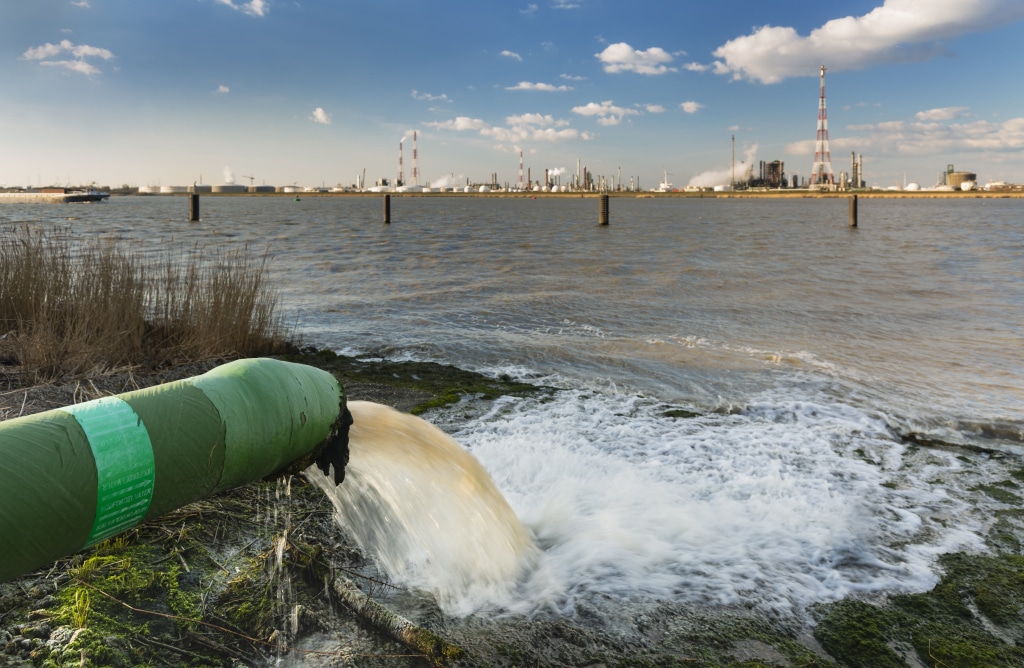Future tenders will allow the recruitment of companies for the extension of the Kitchener sewerage system, as well as the sewage treatment plant built at the end of the drain. The Egyptian Ministry of International Cooperation recently held a workshop to learn about the procurement policies and rules of the European Bank for Reconstruction and Development (EBRD), the main partner in the sewerage project.
“We have agreed to organise another session (…) to fully understand the mechanisms and methods of withdrawing EBRD funds. We are keen to ensure coordination between development partners and stakeholders to implement development projects to ensure the desired results and mitigate the expected difficulties,” says the Egyptian Ministry of International Cooperation.
Establishing improved sanitation services
Established in 1899, the Kitchener Drain is 69 km long. The sewers run through the governorates of Kafr El Sheikh, Gharbeya and Dakahleya before emptying into the Mediterranean Sea, passing through the Nile Delta. The area is populated by 55 million people who will be the first beneficiaries of this sanitation project.
The rehabilitation of the Kitchener Drain will be carried out in three phases. The first phase of the project will be financed by the European Investment Bank (EIB) to the tune of €214 million, with a €25 million grant from the European Union (EU). This component of the project will focus on the collection and treatment of industrial and agricultural wastewater that enters the Kitchener Drain.
In the last two phases of the project, the EBRD will support the acquisition of waste collection equipment with a €148 million loan and a €20 million grant. The funds will also be used for the rehabilitation of six waste recycling plants and the construction and rehabilitation of five landfills.
The Kitchener Drain and Nile Delta Sanitation Project will benefit more than 5 million people in 11 districts in the three governorates concerned in Egypt. The initiative is the first phase of a major programme, funded by the EU under the supervision of the Mediterranean Hot Spot Investment Programme (MeHSIP).
Inès Magoum
